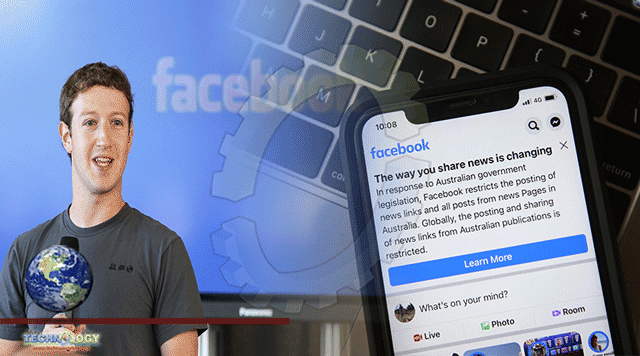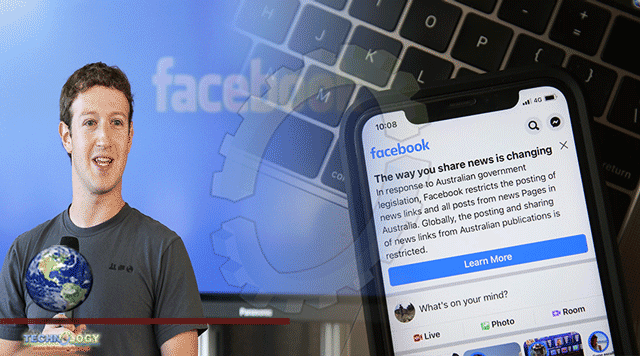Facebook’s Dramatic Decision Last Week To Block News From Being Shared To Its Users In Australia Is Already Seeing Legislative Aftershocks.

Facebook’s Dramatic Decision Last Week To Block News From Being Shared To Its Users In Australia Is Already Seeing Global Legislative Aftershocks and may present new challenges for the company in the US.
Facebook in mid-February banned Australian news organizations from posting content on the platform and barred users based in Australia from linking to news articles from Australian and international outlets. The move came in response to proposed legislation in the country that would require platforms to pay publishers if news content was posted on their sites.
Facebook has since struck a deal with the Australian government for more flexibility. But the tech giant’s show of force has added fuel to the growing demands to rein in its vast influence in the US, and has left clues as to what legislation similar to the Australian proposal could look like in the United States.
“With a desire among politicians on both sides of the aisle to think more seriously about regulating social media companies, it is clear that changes are in the cards for Facebook,” said Josh Pasek, an associate professor of communications and political science at the University of Michigan.
Facebook already faced unprecedented scrutiny in 2020. Company representatives, including Mark Zuckerberg, were called to testify in front of Congress several times over antitrust concerns, including over its acquisition of Instagram, its dominance in the social media space, and its influence in advertising. Investigations examining the impact of Facebook and Google’s advertising dominance continue at state and federal levels. Facebook returns news to Australian feeds as company seals further deals with media outlets.
When it comes to legislation addressing the unchecked power of big tech, the question is not if but when it will come, said Bruce Wolpe, a fellow at the University of Sydney’s United States Studies Centre. Facebook’s forceful approach in Australia would only raise the pressure for action, he said. “Thanks to its extreme heavy-handedness in Australia, all eyes are now on Facebook,” Wolpe said. “It really made an extreme tactical mistake in shutting down something of such fundamental importance to the public interest.”
The incident has already made its way to the US Congress. In antitrust discussions on Thursday, it was cited by Representative David Cicilline as a reflection of Facebook’s outsized power over publishers, underscoring heightened interest in the issue and potential legislation on the horizon.
New legislation on news publisher rights on Facebook would probably mirror a bill previously introduced by Senator Amy Klobuchar, the Journalism Competition and Preservation Act, according to the news site Axios. The measure, co-sponsored by the Senate minority leader, Mitch McConnell, would allow newspapers to collectively bargain with dominant online platforms.
Facebook may have thought it could afford a policy gamble in Australia, a country that represents one of the company’s smaller markets, Wolpe said. But the company has 223m users in the US, and the country is home to much of its workforce, making it unlikely the company would attempt similarly drastic tactics against US legislators.
With this in mind, Pasek said Facebook would probably enact its own policies on payment for content in an attempt to stave off legislative action. The company has been paying some publishers millions of dollars for content since 2019 and expanded the partnership program to the UK in January of 2021.
As this policy expands, so will debates about which firms should be paid for content. The code in Australia that sparked the decision to remove news declares that publishers making $150,000 per year or more can sign up to be paid for content. This would encompass many small newspapers and online publishers but stands to most benefit large companies like Rupert Murdoch’s News Corp. In the US, the media market is much more varied and complex. “It is likely Facebook will try to get ahead of this kind of legislation so it is not caught off guard,” Pasek said. “This is going to get messier as time goes on.”
This news was originally published at The Guardian.
